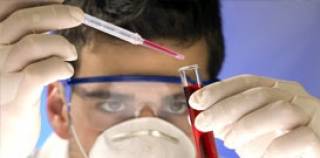The EVERREST project is testing out a new treatment to improve the growth of babies with a fetal growth restriction in the womb

This would mean that affected babies could be delivered later and would weigh more, giving them a better chance of survival after birth and improving their outcome. What is most promising is that relatively small increases in growth of the baby and gestational age at delivery are associated with major improvements in survival and morbidity. For example, as each day of pregnancy advances between 24 and 27 weeks of gestation, there is a 2% improvement in survival after birth. Between 23 and 26 weeks of gestation, an increase in birthweight of 100g reduces the risk of dying by 40%.
First the team studied whether there were any ethical, legal or social issues about giving pregnant women gene therapy. A detailed analysis across the European Union found that women and stakeholders were very much in favour of a treatment for fetal growth restriction and generally had no concerns (1).
So far the team have manufactured the drug for the clinical trial.


References
- Sheppard M, Spencer RN, Ashcroft R, EVERREST consortium, David AL. Ethics and social acceptability of a proposed clinical trial using maternal gene therapy to treat severe early onset fetal growth restriction. Ultrasound in Obstetrics and Gynecology 2016;47:484-491
 Close
Close

